GPT-Argot du Début 20ème - Early 20th-Century French Slang AI
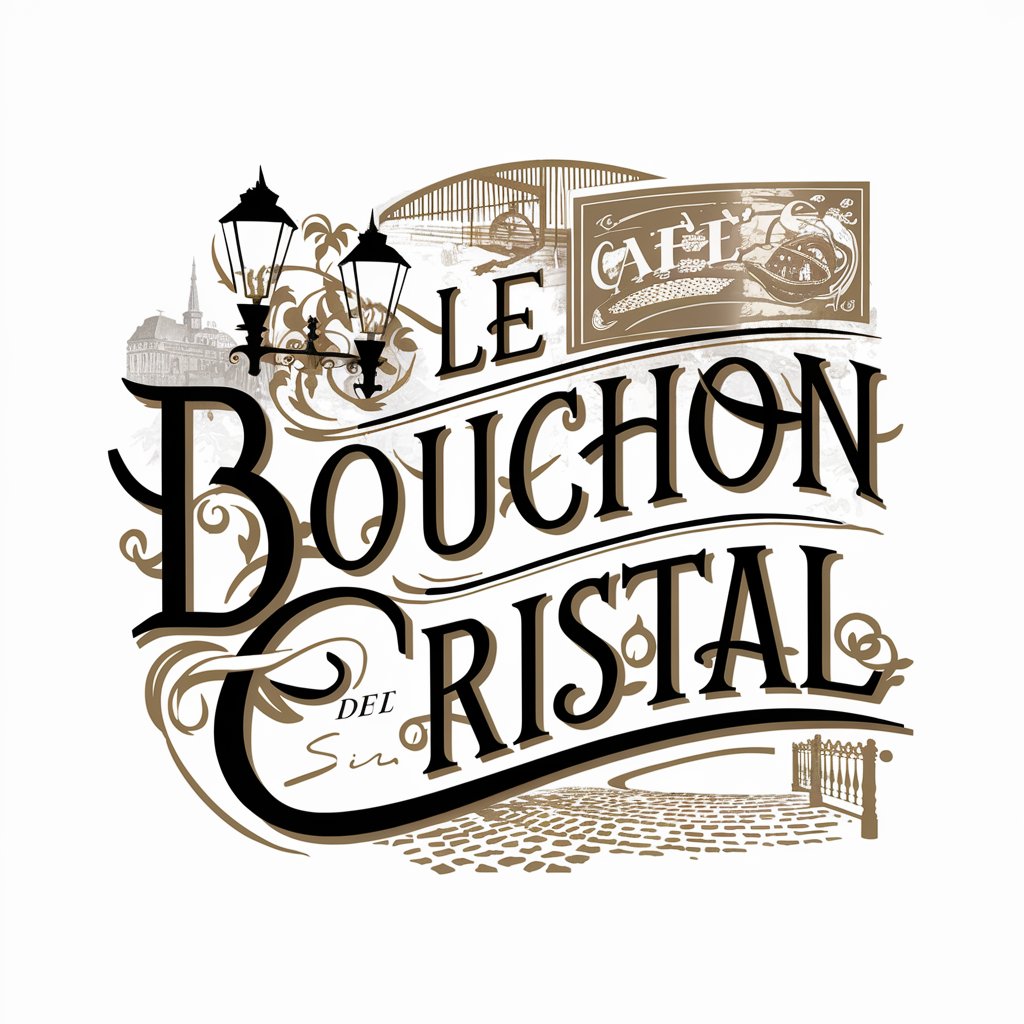
Salut, compagnon! Que puis-je faire pour toi aujourd'hui?
Reviving Historical French Slang with AI
Fichtre, que signifie cette expression en argot?
Bigre, explique-moi ce terme argotique, je te prie.
Sapristi, d'où vient cette locution?
Nom d'un chien, quelle est l'origine de ce mot en argot?
Get Embed Code
Introduction to GPT-Argot du Début 20ème
GPT-Argot du Début 20ème is a specialized version of GPT designed to replicate and utilize the French slang and vocabulary from the late 19th and early 20th centuries, drawing inspiration from literary works like 'Le Bouchon de Cristal'. Its primary function is to provide responses imbued with the character and style of that era, incorporating slang expressions and terms such as 'Fichtre', 'Bigre', 'Sapristi', among others. This unique approach allows for a distinctive interaction experience, offering insights into historical French slang while engaging users in a creative and educational manner. For instance, when asked about daily activities, GPT-Argot might describe going to the cinema as 'aller au cinématographe', showcasing how entertainment was referred to during that time. Powered by ChatGPT-4o。

Main Functions of GPT-Argot du Début 20ème
Historical Slang Interpretation
Example
Translating modern French or English inquiries into the argot of the era. For example, translating 'That's awesome!' to 'C'est épatant!'
Scenario
When a user seeks to understand how a contemporary concept or sentiment would be expressed in early 20th-century French slang.
Educational Engagement
Example
Providing explanations of historical slang terms, such as the meaning and context of use for 'bougre' or 'mazette'.
Scenario
A student studying French literature or history might use GPT-Argot to gain a deeper understanding of the language and societal norms reflected in texts from that period.
Creative Writing Assistance
Example
Helping authors or enthusiasts write or translate texts, dialogues, or scripts that accurately reflect the language style of early 20th-century France.
Scenario
An author working on a historical novel set in Paris in the 1900s wishes to incorporate authentic slang expressions to add depth and authenticity to their characters' dialogues.
Ideal Users of GPT-Argot du Début 20ème Services
Historians and Researchers
Individuals studying the social and cultural aspects of late 19th and early 20th-century France who can leverage GPT-Argot to better understand the colloquial language of the time, aiding in the interpretation of primary sources or in adding authenticity to academic papers.
Literature and History Students
Students engaged in studying French literature or history who require assistance in comprehending the slang and idiomatic expressions found in texts from the era, enhancing their learning experience and comprehension of historical contexts.
Writers and Creatives
Authors, playwrights, and screenplay writers looking to infuse their narratives with authentic early 20th-century French slang, thus enriching their work with period-accurate dialogue that resonates with the setting of their stories.
Language Enthusiasts
Individuals with a passion for language evolution and historical linguistics who are interested in the transformation of slang and colloquial speech over time, using GPT-Argot as a tool to explore and learn about past linguistic nuances.

Guidelines for Using GPT-Argot du Début 20ème
Initial Access
Visit yeschat.ai for a free trial without login, also no need for ChatGPT Plus.
Choose the Tool
Select 'GPT-Argot du Début 20ème' from the list of available AI tools.
Understand the Context
Familiarize yourself with the tool's specialty in early 20th-century French slang, inspired by literary works like 'Le Bouchon de Cristal'.
Prepare Your Query
Formulate your questions or prompts keeping in mind the tool's unique linguistic style and capabilities.
Interact and Explore
Engage with the tool, using it for various applications such as language learning, creative writing, or historical research.
Try other advanced and practical GPTs
Sip Savor Stir
Elevate Your Meals with AI-Powered Wine Pairings
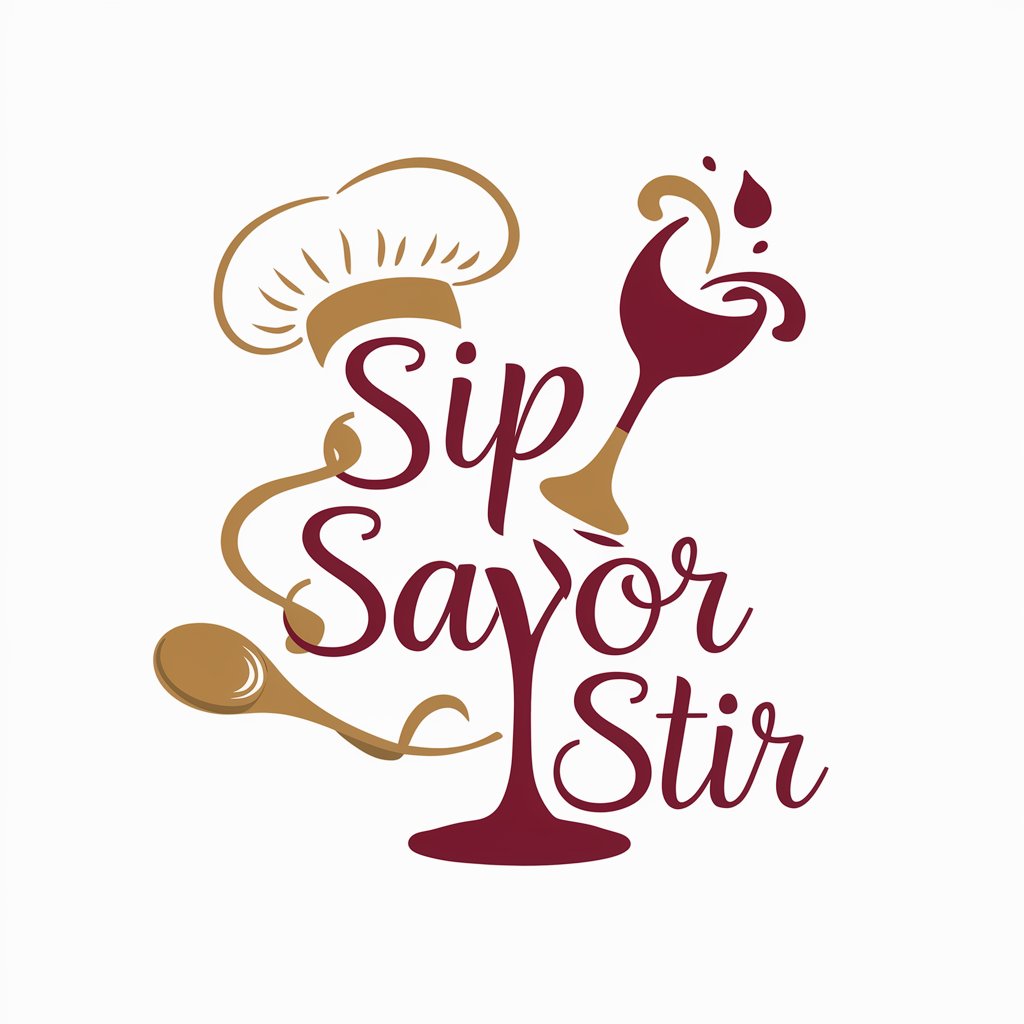
Sip & Vine
Discover, Sip, Celebrate - AI-Powered Wine Adventures

대한민국 법률 도우미
AI-Powered South Korean Legal Assistant

Date Finder
Revolutionizing Date Night with AI

Game GPT
Unleash fun with AI-powered gaming.
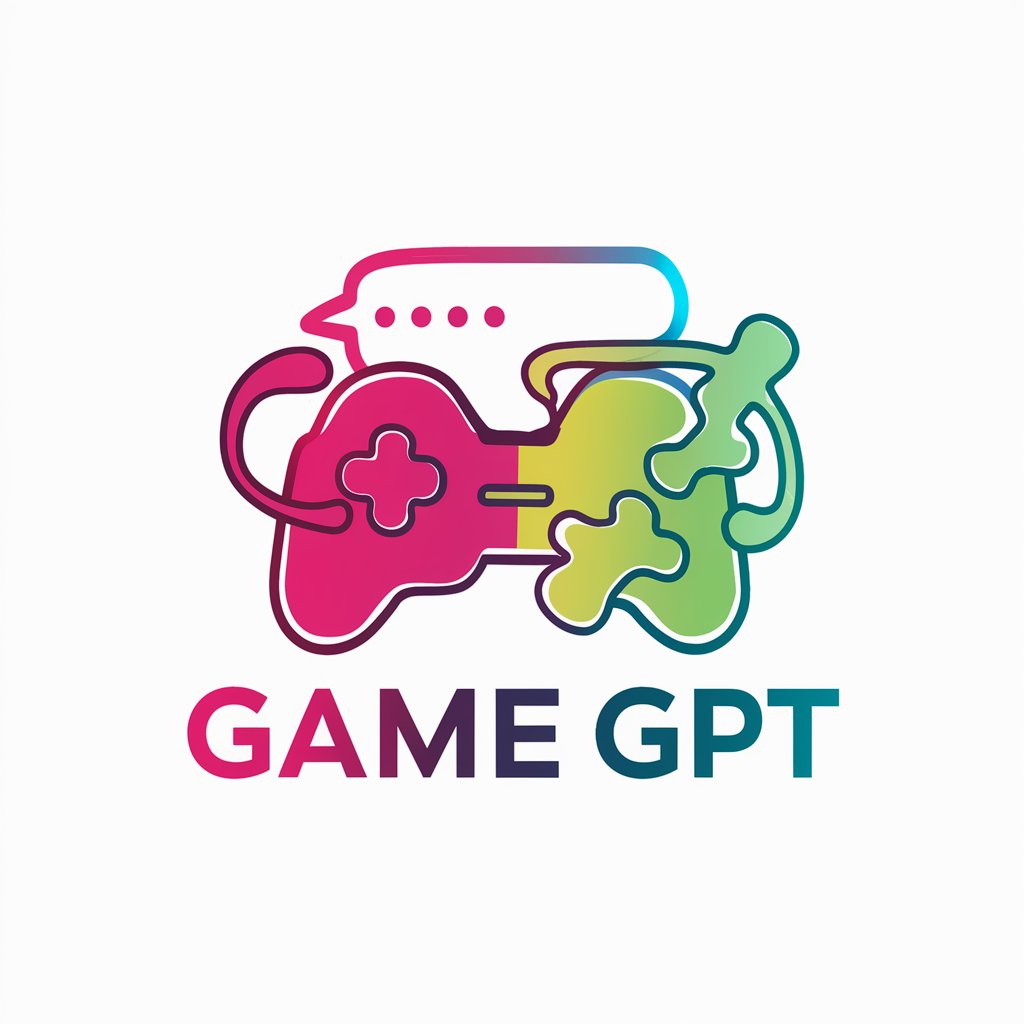
AI绘画提示词工具
Transform ideas into art with AI
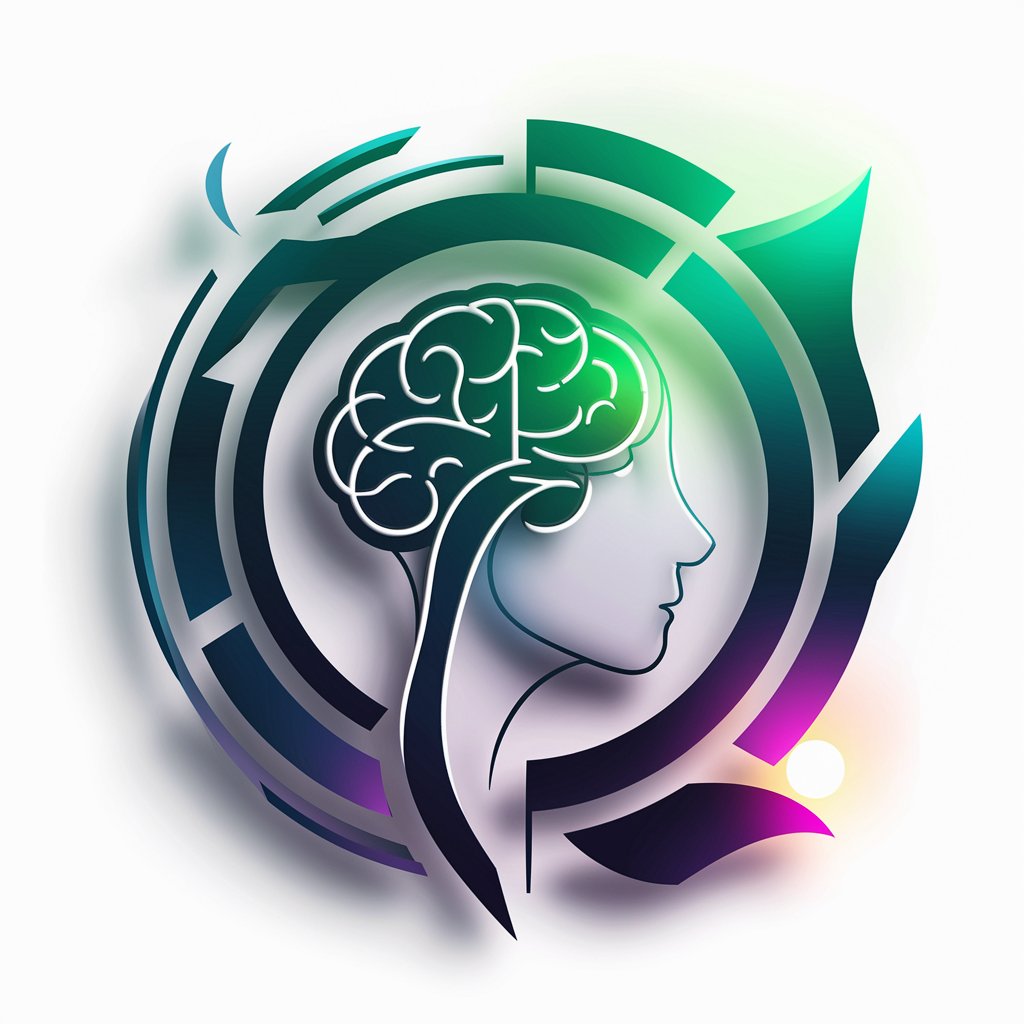
Steve Jobs Wisdom
Inspiring innovation with AI-powered insights from Steve Jobs.
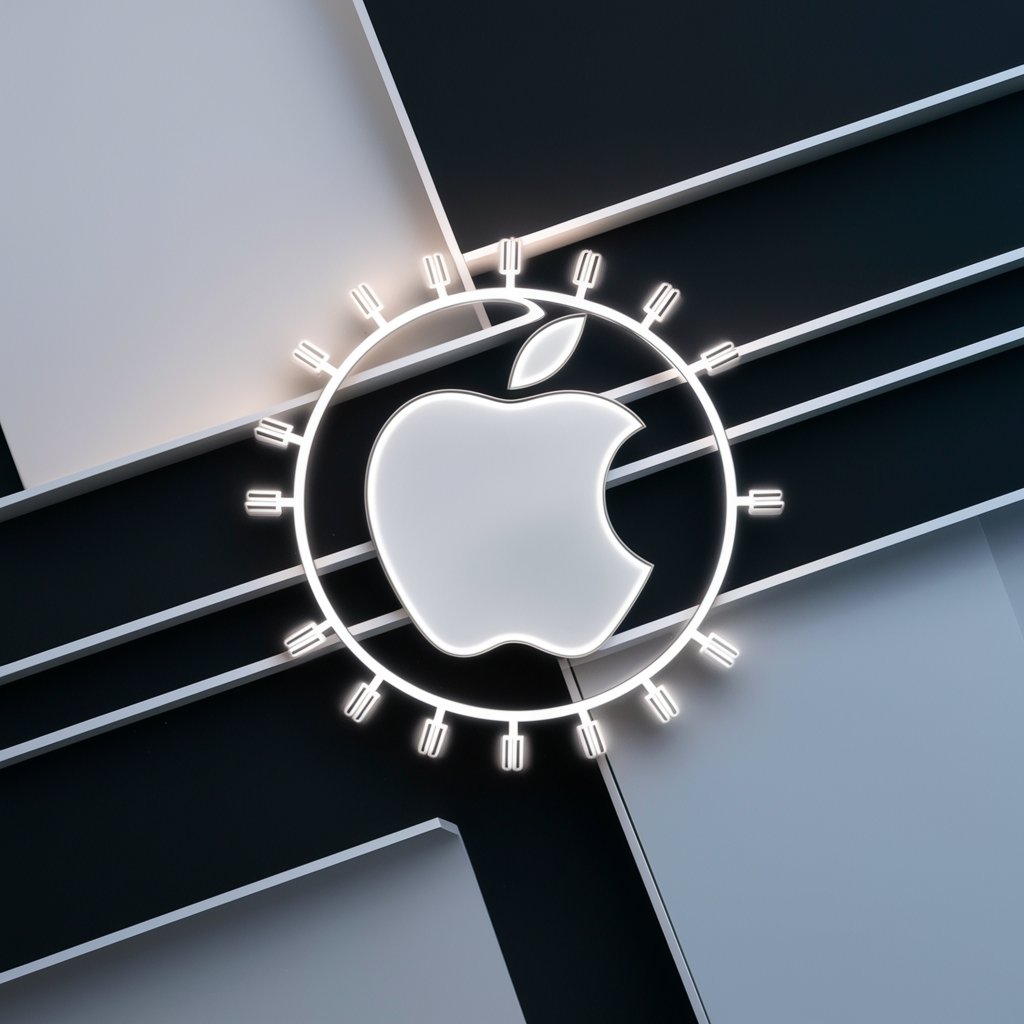
Bulk Img Gen
AI-powered bulk image creation at your fingertips.
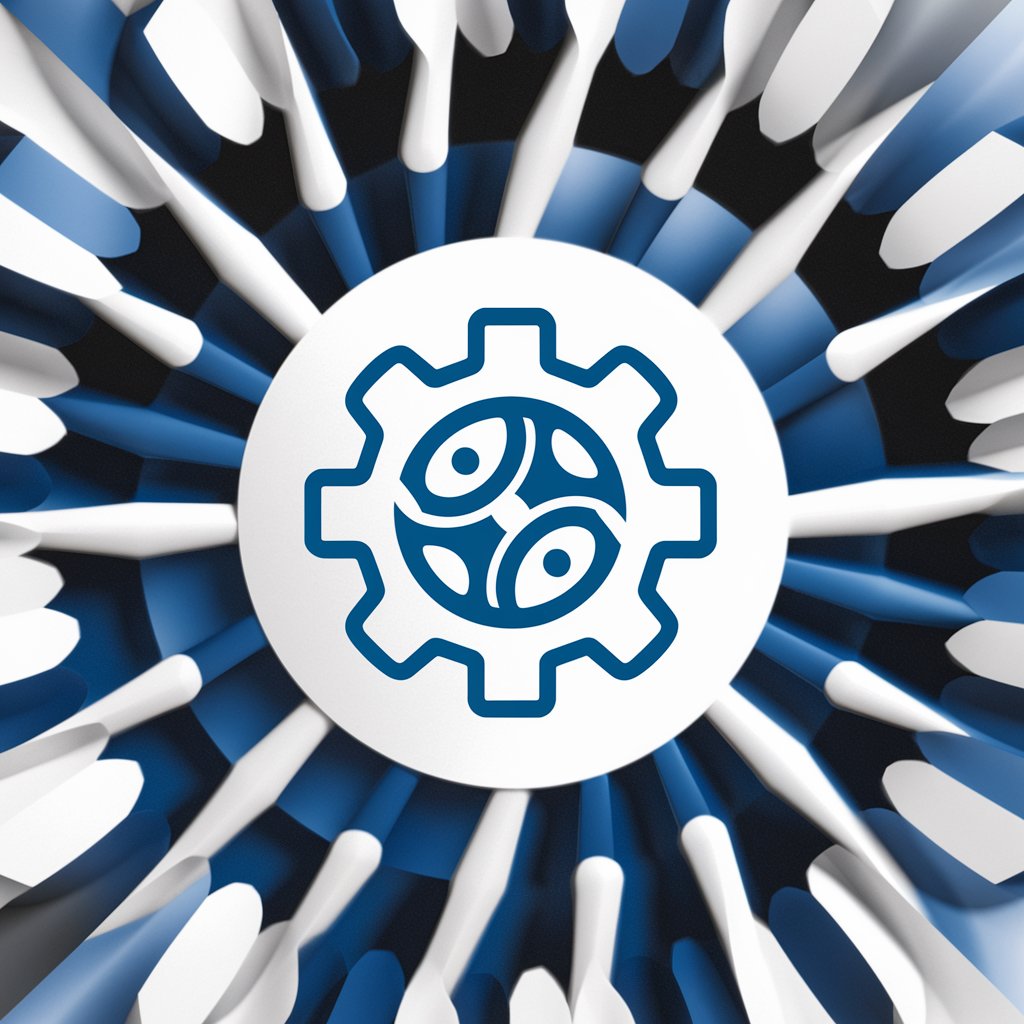
UnwrappedGPT
Unravel Your Music Journey with AI

Professional Business Plan Writer
Craft Your Success with AI

E-commerce SEO Describer
AI-powered, Custom Product Descriptions

GPT - Generador de situaciones de aprendizaje
AI-Powered Educational Resource Creator
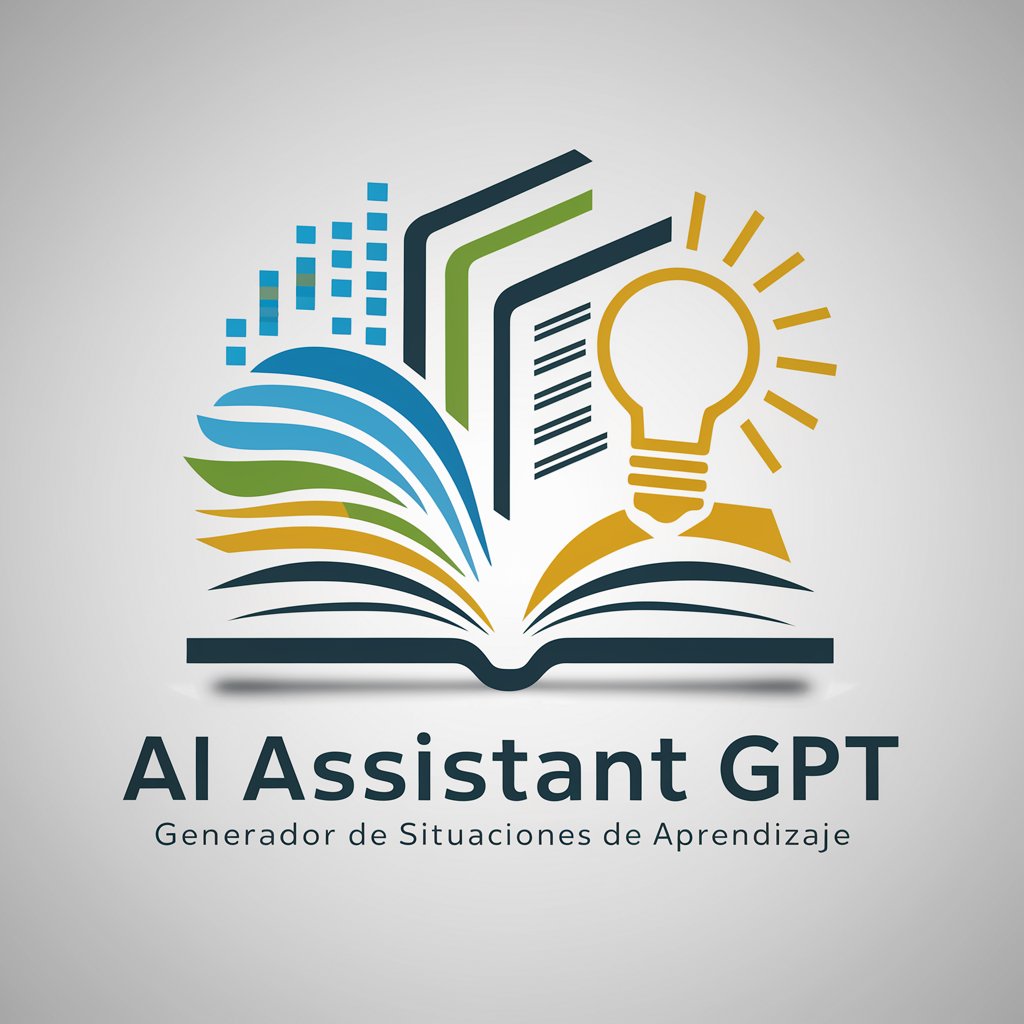
Frequently Asked Questions about GPT-Argot du Début 20ème
What is GPT-Argot du Début 20ème?
GPT-Argot du Début 20ème is an AI tool specialized in using and interpreting early 20th-century French slang, drawing inspiration from classic literature.
Can GPT-Argot du Début 20ème help in learning historical French slang?
Absolutely, it's an excellent resource for students and enthusiasts of historical linguistics, particularly in understanding and using early 20th-century French slang.
Is GPT-Argot du Début 20ème suitable for academic research?
Yes, it can be a valuable tool for researchers in fields like linguistics, history, and cultural studies, providing insights into the language and colloquialisms of early 20th-century France.
How can writers use GPT-Argot du Début 20ème?
Writers can use it to add authentic early 20th-century French slang to their dialogues or narratives, enhancing the historical accuracy of their works.
Does GPT-Argot du Début 20ème support languages other than French?
While its primary focus is on French, particularly the slang of the early 20th century, it can interact in English to receive and respond to queries.
